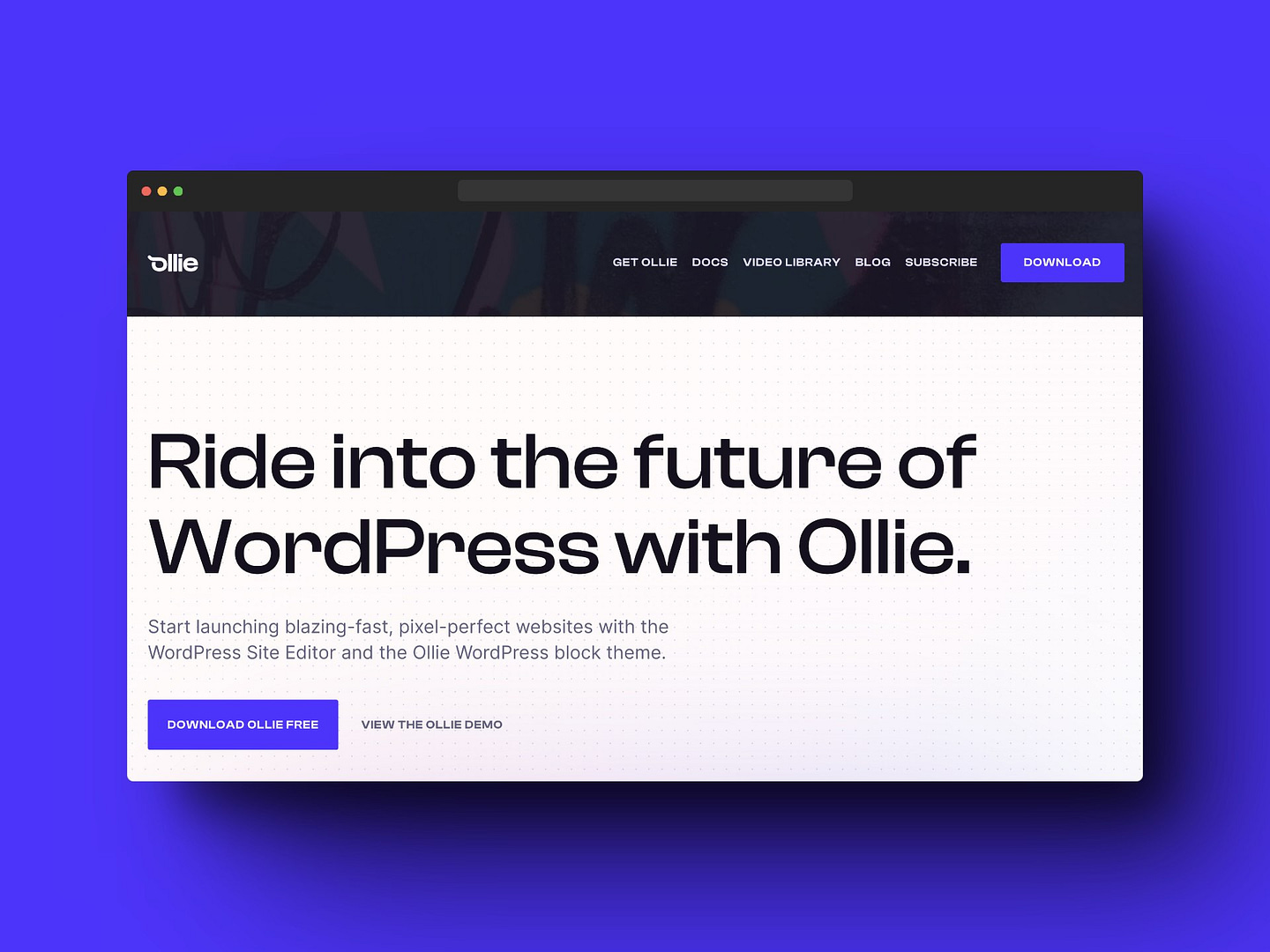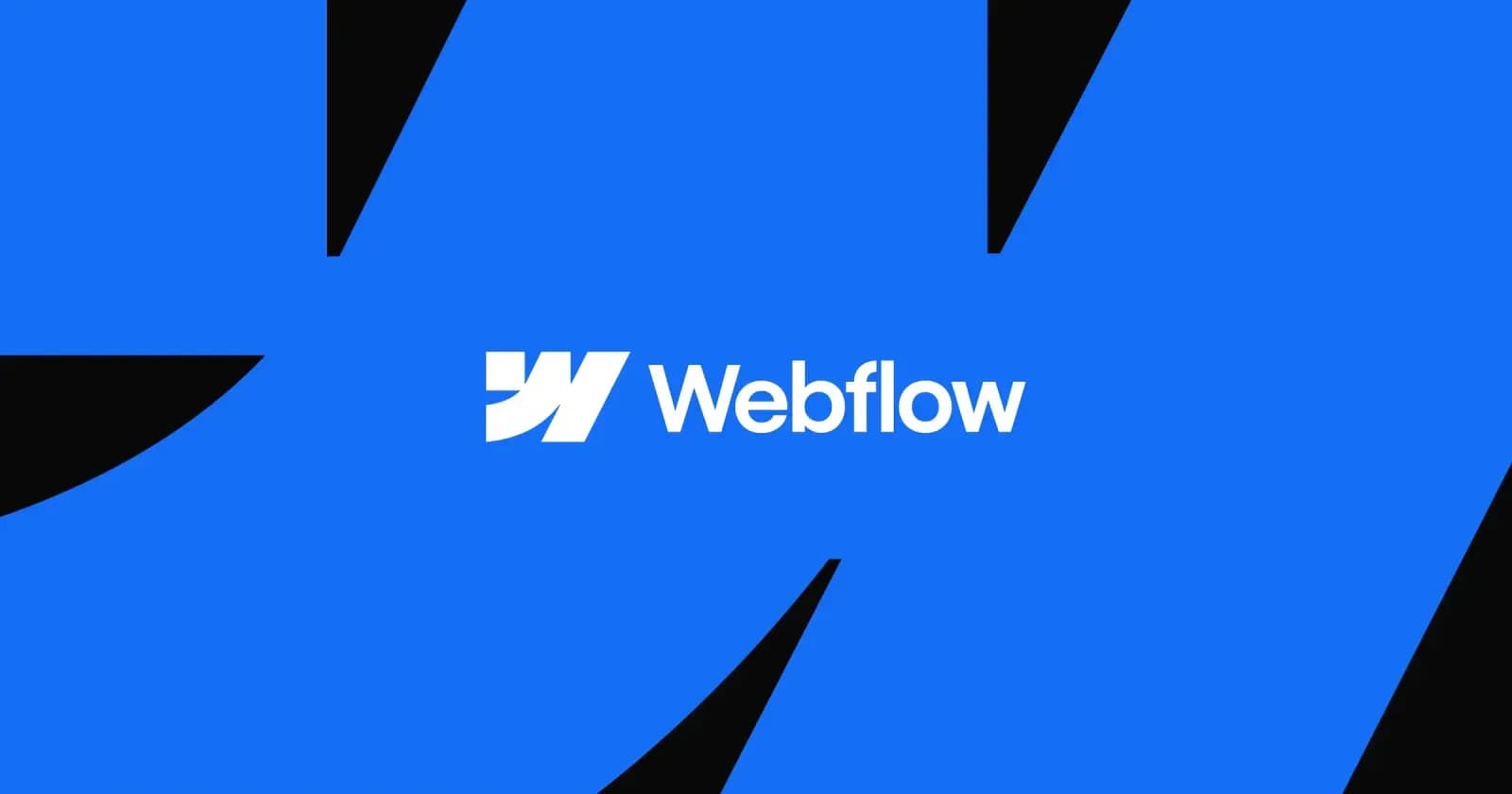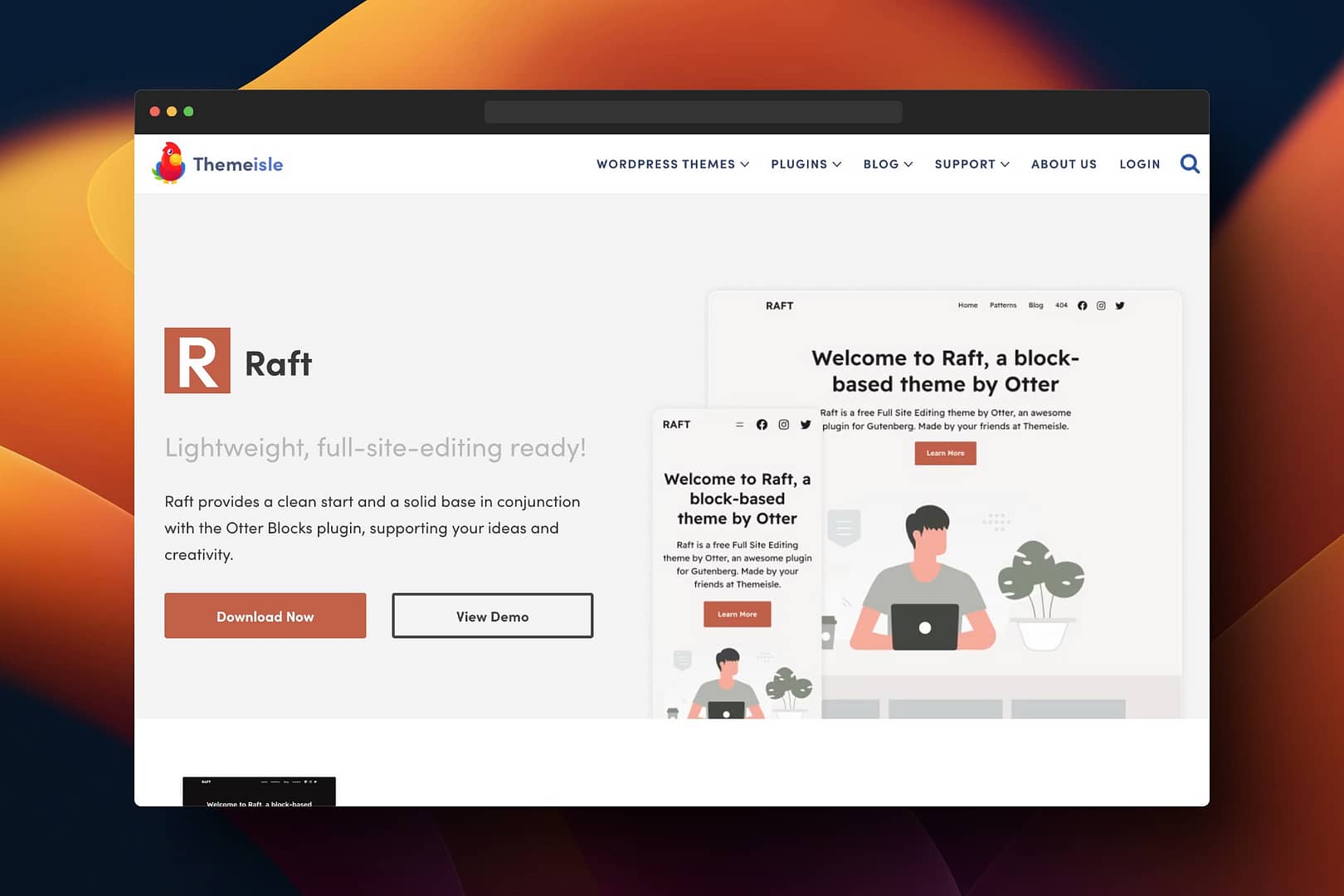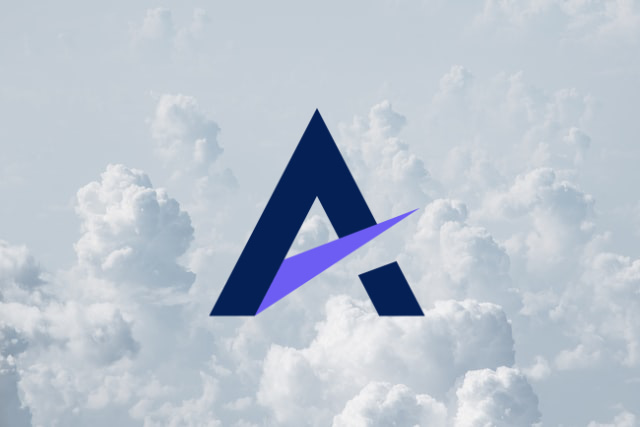The dust is settling on the Ollie theme’s onboarding experience, which was set to be included in the theme’s core functionality when author, Mike McAlister, submitted it to the theme repo.
The onboarding experience bucked the trend of traditional themes and included additional functionality like an onboarding wizard, building pages with the click of a button, and embedding helpful content. You can see a walkthrough of it in my video on YouTube.
This was viewed as innovative and something that the WordPress experience desperately needed.
However, guidelines from the Theme Team generally draw the line at this type of functionality to go beyond what a theme should serve as: a presentation layer.
Innovation. Who is responsible for innovation in WordPress?
I view the Theme Team as drawing up the rules of the road for a wider range of new contributors and to safeguard end users. Help usher along the WordPress theme development experience for new contributors, guiding theme on building themes the “WordPress way.”
To maximize what WordPress core features gives us, in a safe fashion. Which trickles down to the enduser. They get a theme that works with WordPress core, with code that meets WordPress standards, and is safe from malicious intent.
Encourage developers to meet end user desires, all filtering through a volunteer-lead program. It’s a true testament to Open Source.
Back to innovation: Is the Theme Team also responsible for pushing innovation of WordPress?
Sarah Gooding collected the feedback from WordPress leadership which was largely in favor of including Ollie’s onboarding and seemed to think that this could be a useful “experiment” to progress the block based theme experience.
In my world, this brings up two issues: There’s no communication layer between WordPress Core and the Theme Team. No QA process. No product meetings. No roadmap overview.
This is the most common issue in product development or enterprise software sales. Customer Z wants something that has never been developed before in the core product. Sales and corporate stakehodlers get excited because this could be a shiny new toy. CEO tells product team to develop it by end of next week.
Time marches on, market shifts, and now that killer-feature is just worthless tech debt. CEO turns back to the stakeholders and wants to hold someone accountable for a failed product. Product Team says that the squeaky wheel sales person is the one that wanted this in the first place, but that sales person quit 6 months ago and is now working for Sales Force.
There was no true process in place for the product team to pull from the lifestream of customer feedback from the rest of the organization.
Remember, I said there were two issues…
Humans be huma’ning and out for for commercial interests.
Call a spade a spade. Maybe in this case, a theme author a Jetpack?
Seriously. Automattic/Matt aren’t the only entity out to commercialize their product. I assume, based on my interview with McAlister from seven years ago, he’s going to have a commercial option. And, as I’ve said countless times before, there’s nothing wrong with it, just say it, and not just Mike — everyone.
This is the same issue I’ve been covering as a content creator and as a former theme author from 10 years ago, is that a majority of theme authors cycling through our volunteer-lead Theme Team have commercial interests at play.
That’s not a bad thing. Go ahead, secure the bag.
It’s that these moments in WordPress history, eventually expose the faults with a massive distribution powerhouse (that is WordPress.org) with loose community guidelines governing what could be 100’s of millions of dollars worth of commercial theme upsells.
“If that theme got in, what about me?”
“If they are doing it that way, why can’t we do it this way?”
“How long will they be on the featured theme list for? What about us?”
So there’s whatabousim debt and real technical debt to consider when providing a pass to Ollie.
Conclusion
(I promised myself less of this type of content, but here I am.)
Do I think what Mike built into Ollie is good? Yes.
Do I think it helps WordPress users using his theme? Yes.
But I don’t see the upside in just this theme operating this way, making an impact across the entire WordPress ecosystem. The stress, attacks, and pressure placed on Theme Team volunteers alone don’t make this worth it. They’ll have to deal with 100’s of authors coming in to build out their own experience. And when they don’t pass the test? We rinse and repeat this vicious cycle.
Commercial theme authors standing on their virtuous soapbox saying they are doing it “for the good of WordPress. Use our coupon code: GUTENBERG to save 20% at checkout.”
Ollie can still make an impact by just existing in the market — even off WordPress.org. Heck, it already has. If it catches the eye of Anne McCarthy or Richard Tabor it might bring this kind of experience into core WordPress, which could be the best outcome for everyone.
End users and theme authors.
Or Mike could just a build a plugin or release set of code that any theme author could adopt into their theme to make this happen, which would leave a bigger impact on the community as a whole. Speaking of, I invited Mike on to the podcast, but he’s declined for now.
Anyway, that’s the spirit of open source, and the excitement of being in the WordPress ecosystem. We’re able to pluck a lesson out of the clouds of chaos, which we invest back into the foundation of WordPress’ success.
But I’ll die on the hill defending the volunteers that are upholding the guidelines set in the community, operating in transparency, and for the good of WordPress as whole — Every. Single. Time.
Impacts of AI on content and a look ahead to WordPress 6.4
This week I had the pleasure of interviewing Brian Jackson, talking all about content marketing and the impacts of AI.
Brian was a prolific content marketer for Kinsta, and spent a portion of his life writing content for the brand during their growth cycle. Don’t miss the episode if you want to learn how he’s using at his plugin business, Forgemedia.
Gutenberg 16.7 is out, which brought some new ways to manage fonts in WordPress and your patterns in site building. I reviewed those updates in my video on Youtube, if you want to see some the latest and greatest coming to WordPress 6.4.
Join The Newsletter
Get your favorite 5 minutes of WordPress news for busy professionals every week — 100% Free! Join the WP Minute Newsletter below 👇










